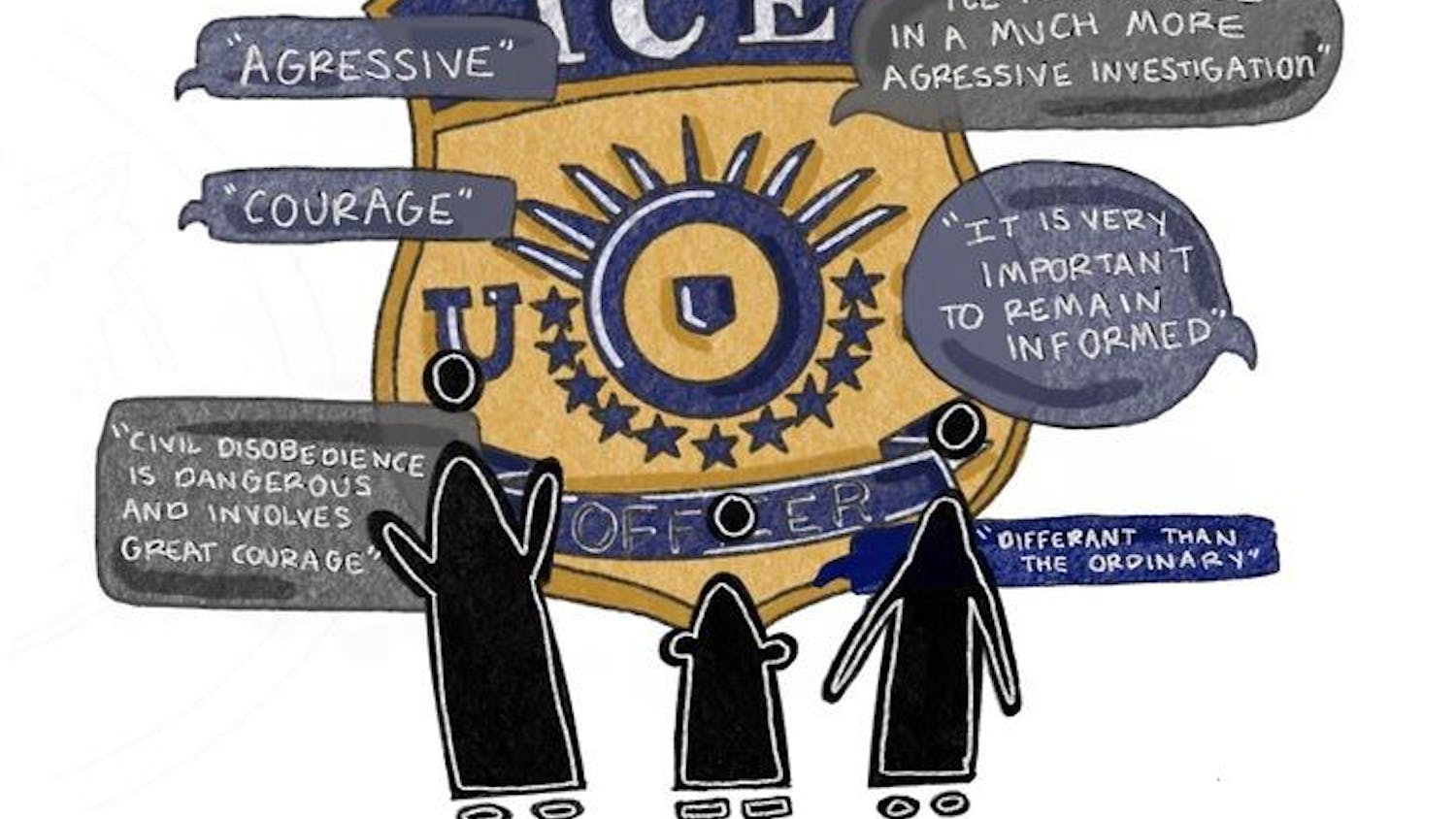In response to U.S. President Donald Trump’s attempts to decrease federal funding to higher education institutions, universities have begun to speak out. On May 8, Emory University President Gregory Fenves emailed the Emory community, stating the University is working with the Association of American Universities (AAU) to stand for “academic freedom.” The AAU includes 71 research universities across the United States. Fenves serves on the AAU board of directors with leaders from Yale (Conn.), Duke University (N.C.) and Princeton University (N.J.), among others.
The AAU is an organization of American universities that seeks to promote research and education freedom. In a statement from earlier this year, the AAU board wrote that university research has been critical to scientific and technological innovation.
“The research conducted at American universities has made our country secure and more prosperous than at any other era in its history,” the board wrote. “Endangering this incredibly successful partnership endangers the American greatness that it helped create.”
The statement also denounced the withdrawal of research funding by the federal government as “dangerous and counterproductive.”
In his March 8 email, Fenves called academic freedom a “foundational principle,” and wrote that he was on Capitol Hill working with legislators to advocate on behalf of Emory students.
“I want to make sure [legislators and staff] understand the brilliance of our students, the groundbreaking discoveries our faculty are making, the many contributions of Emory’s international scholars and students, and Emory’s role as an anchor institution in Atlanta,” Fenves wrote.
In addition to the AAU statement, the American Association of Colleges and Universities and the American Academy of Arts and Sciences (AAC&U) drafted a letter on April 22 to defend academic freedom in the face of attempts by the federal government to withhold funding from universities for research. The AAC&U is an organization that promotes innovation and equity in higher education. While 618 university presidents from around the country have signed the AAC&U's open letter as of May 9, Fenves has not.
Assistant Vice President of University Communications Laura Diamond emphasized that the University is working with peer institutions to protect “core principles” like academic freedom and research.
“In general, President Fenves and Emory do not sign on to public letters or statements that we have not been directly involved in drafting,” Diamond wrote. “We will continue to pursue advocacy, engagement, coalition-building, and action that defends all that higher education does for the public good.”
On April 29, a week after the AAC&U published their statement, the University Senate voted 31-6 to pass a resolution on April 29 to protect academic freedom and support international students during the Trump administration.
The University Senate is a governing body of elected faculty, staff, postdocs and students at Emory. The senate makes recommendations for the University administration by passing resolutions.
The resolution states that while the University should adhere to federal policies, it should not do so in ways that encroach on Emory’s values. Additionally, the senate stressed that the University should protect students who may be subject to visa revocation due to recent executive actions aimed at student protestors.
“Emory must stand firm in refusing to sacrifice its fundamental values,” the resolution reads. “A university that acquiesces to the government’s extreme demands may benefit temporarily. But it will have sacrificed its soul. Emory must act now so that when we look back ten years from now, we feel pride, not shame.”

Jacob Muscolino (he/him) (28C) is a News Editor at The Emory Wheel. He is from Long Island and plans to major in History and Psychology. Outside of the Wheel, he is involved in Emory Reads and Emory Economics Review. You can often find Jacob watching the newest blockbuster for his Letterboxd, dissecting The New York Times and traveling to the next destination on his bucket list.








